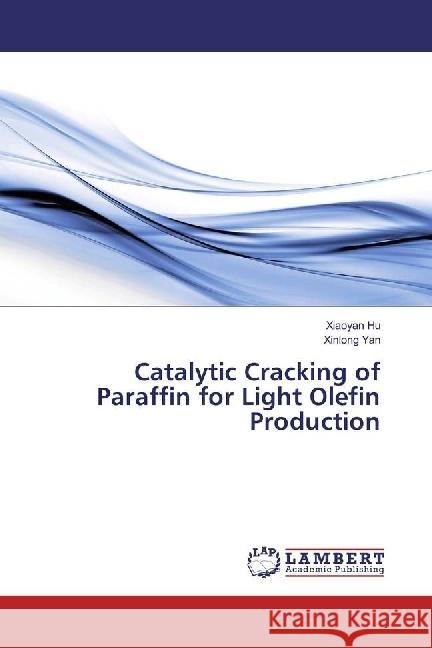Catalytic Cracking of Paraffin for Light Olefin Production » książka
Catalytic Cracking of Paraffin for Light Olefin Production
ISBN-13: 9786202062602 / Angielski / Miękka / 2017 / 148 str.
Compared with the conventional steam cracking process, which was dominated by thermal cracking reactions, catalytic cracking of naphtha is advantageous in lower energy consumption and carbon dioxide emission, higher selectivity to high-valued-compound products. Consequently, it is a competitive alternative for light olefin production. Paraffin, as main constituent of straight-run naphtha, is a perfect feedstock for steam cracking process of light olefin production. However, it is difficult to crack under mild conditions, posing a difficulty for the catalytic cracking process. The present study focused on behaviors of paraffin cracking, mainly including: (1) behaviors of n-heptane cracking over fresh and equilibrium ZSM-5 catalyst; (2) influences of vanadia-based catalyst (with varied vanadia loadings) introduction on reaction performances of n-heptane cracking over ZSM-5 catalyst; (3) different behaviors of n-heptane cracking in fixed-bed reactor and circulated fluidized bed unit.











